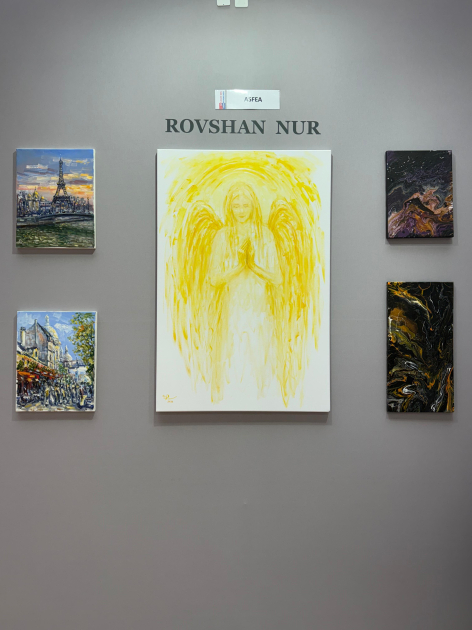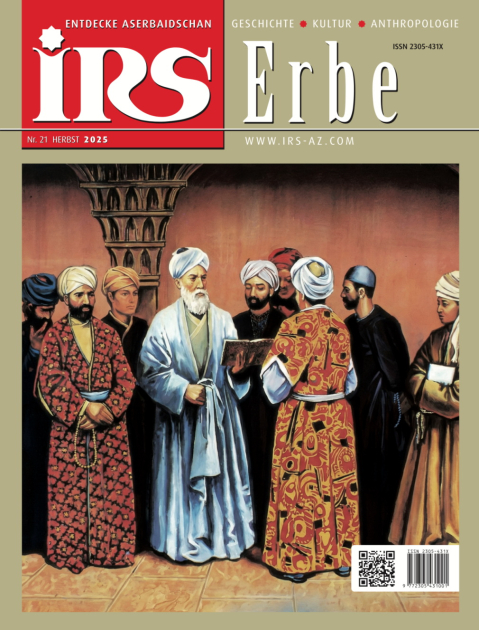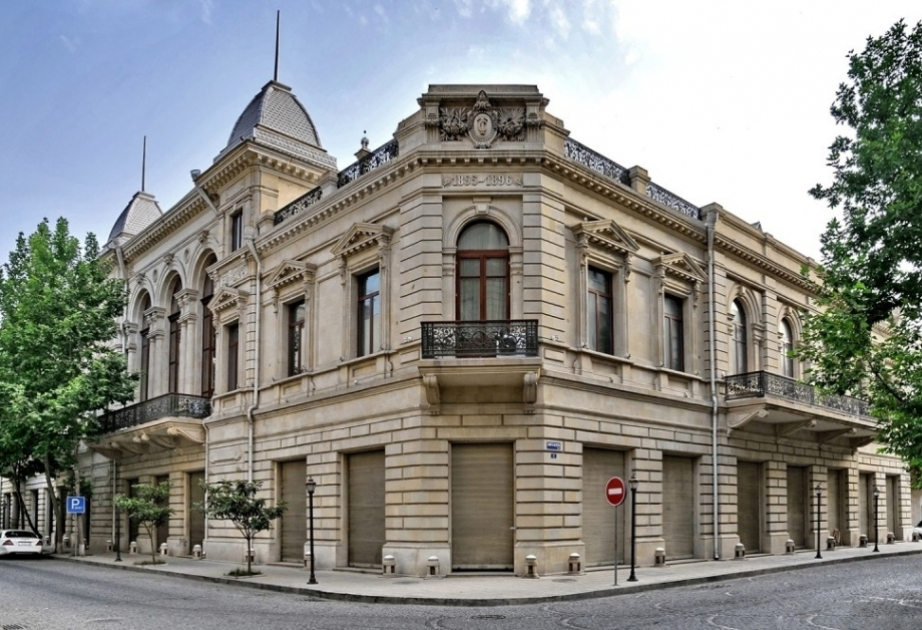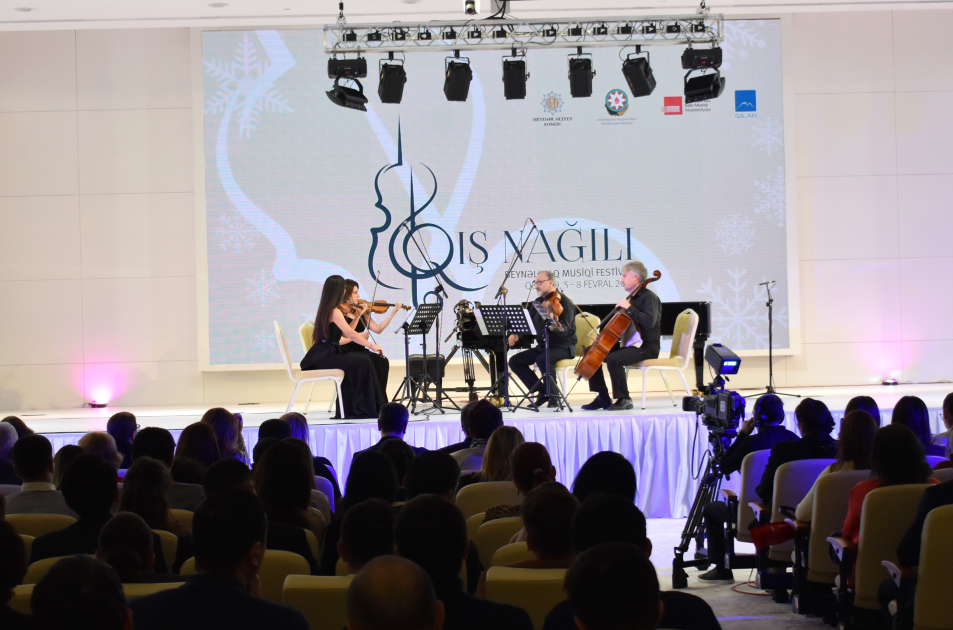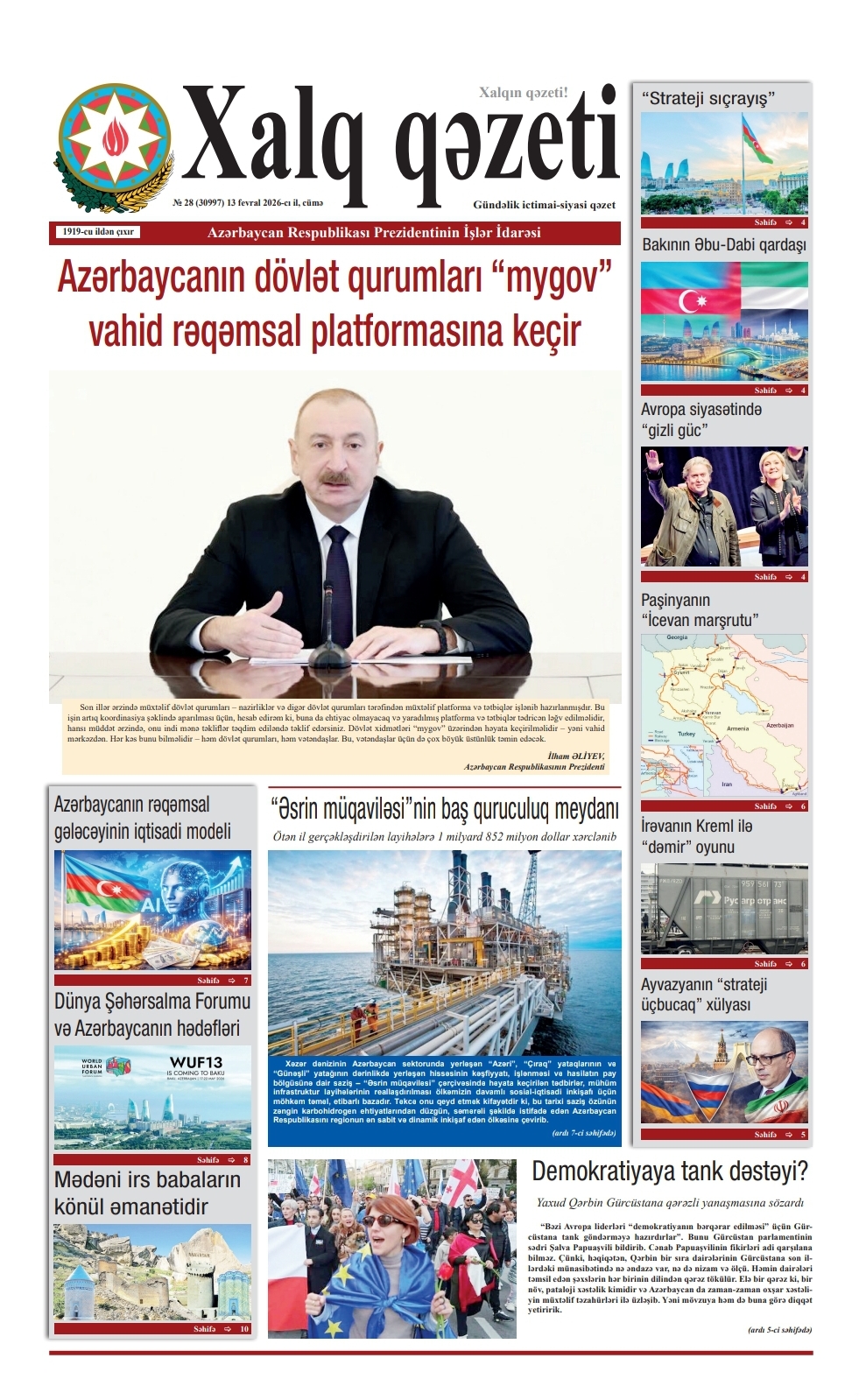Muhammad Fuzuli – 530
Poetry has an undeniable role in the artistic and aesthetic way of thinking of our people. The tradition of classical poetry has had a significant impact on our formation as a civilized nation. In this sense, our prominent thinkers have always benefited from the creativity of Muhammad Fuzuli.
At the beginning of the 20th century, a unique return to Fuzuli took place. Mirza Alakbar created satirical boards in the form of vows to the lyrics of Sabir Fuzuli. The poet wrote his satire "Baku Wrestlers" using Fuzuli's ghazal "My heart opens and will see the confusion". While Fuzuli paid his respects to the beautiful woman, Sabir whipped those who considered shedding blood to be a "skill":
You fell into the training of Lothu, you are numb to Islam,
He will see his Muslim wherever he kills.
Fuzuli is our nation's poet. And when Sabir said Muslim in this piece of poetry, he meant the people. He reflected the missing aspects of the people with the wave of Fuzuli's poetry. Sabir Fuzuli's "If the mind was broken, wouldn't I leave-love-break?" If I had the choice, wouldn't I be willing to do so?" he deconstructed the ghazal of the subject while commenting on the freedom movement in South Azerbaijan. Sabir whipped the enemies of freedom under the influence of Fuzuli aesthetics.
Muhammad Hadi also benefited from Fuzuli whenever he had time. He conveyed his opinion by bringing Fuzuli's lyrical "I" to the beginning of the 20th century. Fuzuli saw the cause of grief in longing for the earth. According to M. Hadi, the cause of grief is the lack of freedom. In his "Taraneyi-Milli", M. Hadi was influenced by Fuzuli's famous ghazal "I was tired of my soul":
Will the lamp of Muslim-hope not light up or burn?
Aren't we ashamed of our black fortune?
Mazari-jahlda khabidei- won't heedlessness wake up?
Don't the ummah freeze with the bud of enlightenment?!
Tired of sour cream-tahrir, isn't the nation tired?
The dawn has dawned, won't the nation wake up?
As soon as we read the poem, we feel the immortal spirit of Fuzuli. But M. Hadi does not imitate the great poet here, but takes advantage of it and reveals an attempt to say a new word. If Fuzuli only thinks about the dark luck of the lyricist, Hadi thinks about the dark luck of the nation and sees the reason for this in ignorance.
Huseyin Javid used the Fuzuli school in the play "Sheyda". Like his colleague Hadi, he benefited from the poem "I was tired of my soul". Fuzuli evaluated his shayda as follows:
Fuzuli is always a disgrace to the people.
Who is the question, what is this love, does he not get tired of this love?
But there is a serious difference between the shaydas. Javidin Sheydas wants to go from the people to the world. Although he loves a girl named Sheyda Roza, he does not stand aside from social issues and joins the political struggle. It can be said that the Fuzuli school helped us on the eve of the declaration of our independence.
Uzeyir Hajibeyli made a revolution in the truest sense of the word. He wrote the first opera not only in Azerbaijan, but also in the Islamic world based on the motifs of Fuzuli's poem "Leyli and Majnun". At the beginning of the last century, in the Eastern world full of prohibitions, writing an opera itself required courage. However, Uzeyir Bey Fuzuli, taking refuge in his genius, took this step at the age of 23 and thus proved that Azerbaijan can join modern culture related to traditions.
As it can be seen, our genius poet Muhammad Fuzuli is the king pillar of Azerbaijani lyrics. There were also those who wanted to "touch" this column. When this was attempted in the 30s of the last century, Mikayil Mushfig expressed his strong objection to literary manners: "Let's not pride ourselves, let's not touch Fuzuli."
Yes, serious art and great literature definitely have a lasting impact on culture. We can boldly say that Muhammad Fuzuli, whose 530th birthday is celebrated, continues to exert a masterful influence on the development of modern Azerbaijani culture.
Jeyhun MIRZELI,
culturologist


.jpg)

